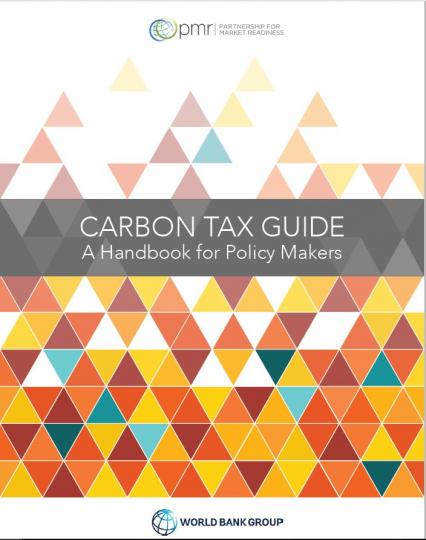Recent years have seen renewed and growing interest in carbon taxes that put a price on greenhouse gas (GHG) emissions. This resurgence in interest has come as over three-quarters of the world have developed Nationally Determined Contributions under the Paris Agreement and are looking for cost-effective ways to achieve these emission reduction goals. It has also developed alongside a gradual shift toward taxes on goods and services, with many jurisdictions seeking to use the tax system to achieve greater economic efficiency and to pursue a range of policy goals beyond raising revenue. Experience has shown carbon taxes to be versatile instruments that are capable of being adapted to a wide range of policy goals and national contexts. This Guide provides a practical tool to help policymakers determine whether a carbon tax is the right instrument to achieve their policy goals and to support them in designing and implementing a tax that is best suited to their specific needs, circumstances and objectives. The guide provides both conceptual analysis and important practical lessons learned from implementing carbon taxes around the world.
Hosted by the World Bank Group and supported by Italy’s Ministry of the Environment and Energy Security and Germany’s Federal Ministry for Economic Cooperation and Development, Connect4Climate (C4C) is a global partnership for a livable planet that connects, creates, and communicates to build long-lasting change for future generations.




